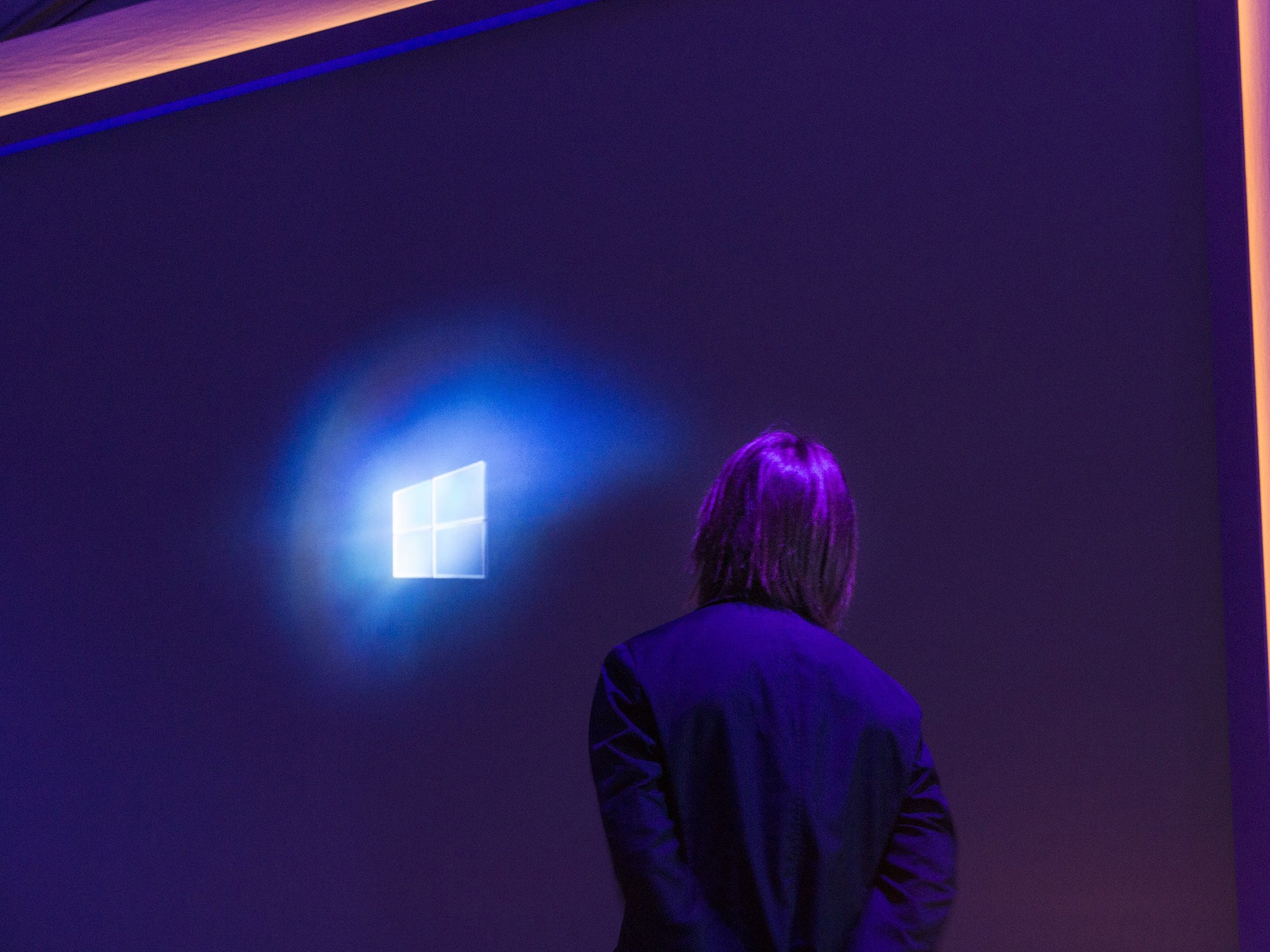Windows 10: Microsoft hopes to end the password with ‘Windows Hello’
New computers will be able to scan fingerprints, irises and faces to check whether they should give up access

Users will be able to access Windows 10 computers using their face or fingerprints as a password, in the first step towards what is expected to be the end of the computer password.
Microsoft yesterday announced Windows Hello — a biometric authentication platform that will allow Windows computers to be unlocked using facial, iris or fingerprint scanning.
The company hopes that the new form of authentication will be more convenient, since it won’t require users to remember long passwords. It will also be more secure, since in theory only a person themselves will be able to unlock the computer.
As well as being used for the computer itself, Windows Hello will allow biometric login for certain applications and online services.
Some devices already have the hardware to use the new platform, with a number of new phones being released with fingerprint scanners included. New cameras fitted with infrared technology will also be able to scan faces and irises to be sure that the right person is unlocking a computer.
Microsoft claims that the technology has been made extra secure, and says that it’s “a solution that government, defense, financial, health care and other related organizations will use to enhance their overall security, with a simple experience designed to delight”.
Join our commenting forum
Join thought-provoking conversations, follow other Independent readers and see their replies
0Comments